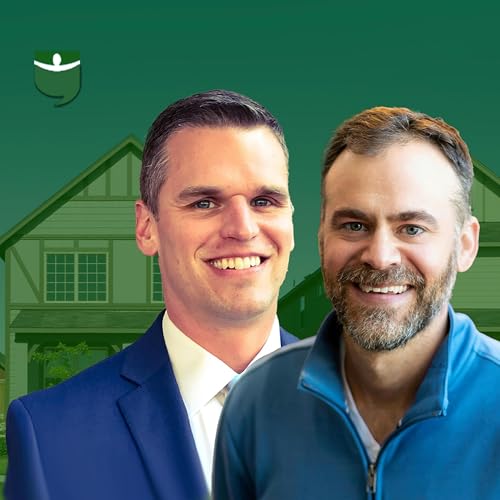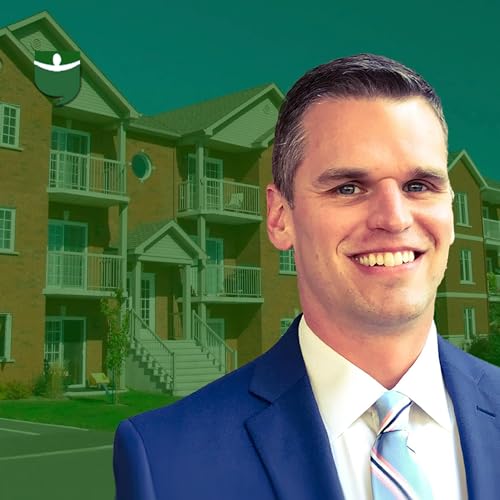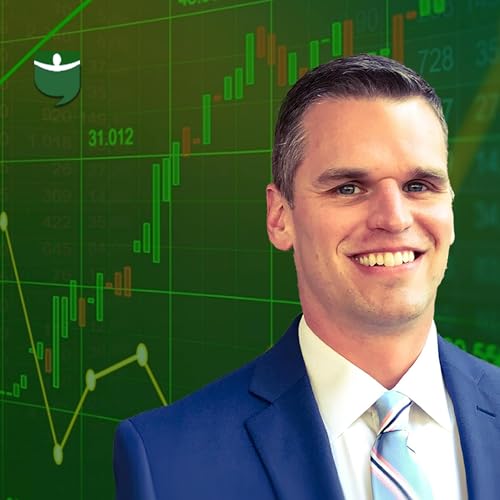Chris Lopez welcomes Dr. Alex Schloe and Charlie Cameron to demystify residential assisted living. Alex lays out the macro drivers behind the silver tsunami and why small, boutique homes can deliver better care and stronger cash flow. Charlie breaks down the models from LP to lease-to-operator to full operations and development, including typical home specs, licensing basics, private pay vs Medicaid, and realistic risk controls. The trio covers returns, staffing, marketing, and the due diligence questions LPs should ask before backing an operator or sponsor. Key Takeaways What residential assisted living is and how it differs from big facilities Demographics and demand: boomers aging into care, large bed shortage, 10k Americans turning 80 daily Investment models: LP, lease-to-operator, own-and-operate, and phased development of 10 to 16 bed homes Typical home criteria: single story preferred, 300 sq ft per resident, abundant beds and baths, sprinklers, roll-in showers Returns and timelines: value-add and development deals targeting mid 20s IRR ranges with ramp-up occupancy considerations Risk management: operator vetting, staffing and marketing plans, licensing and insurance, location near labor and hospitals, contingency reserves LP due diligence: private pay focus, sponsor pipeline for operators, comps via secret shopping and NIC data, personal guarantees and SBA scrutiny Disclaimer The content of this podcast is for informational purposes only. All host and participant opinions are their own. Investment in any asset, real estate included, involves risk, so use your best judgment and consult with qualified advisors before investing. You should only risk capital you can afford to lose. Past performance is not indicative of future results. This podcast may contain paid advertisements or other promotional materials for real estate investment advisers, investment funds, and investment opportunities, which should not be interpreted as a recommendation, endorsement, or testimonial by PassivePockets, LLC or any of its affiliates. Viewers must conduct their own due diligence and consider their own financial situations before engaging with any advertised offerings, products, or services. PassivePockets, LLC disclaims all liability for direct, indirect, consequential, or other damages arising out of reliance on information and advertisements presented in this podcast.
続きを読む
一部表示
 45 分
45 分 27 分
27 分 50 分
50 分 29 分
29 分 40 分
40 分 38 分
38 分 40 分
40 分 41 分
41 分
